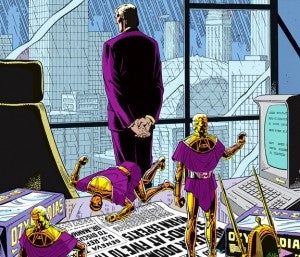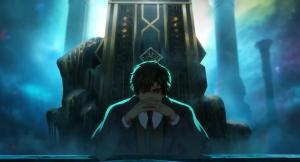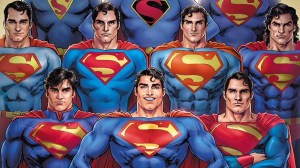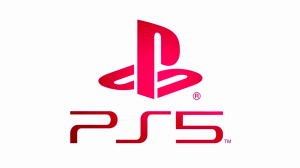In the course of the passionate discussion of topics like Before Watchmen and Michael Bay’s upcoming Ninja Turtles, one of the arguments that you’ll come across in virtually every comment thread goes something like this: “Who cares? It’s only entertainment and if it makes money, clearly the ends have justified the means.” The message, ultimately, becomes “Well, it’ll make money, so suck it up–your objections mean nothing.”It is, as a critic, an argument that I can’t bring myself to agree with; it’s essentially like saying that because the Olsen Twins are billionaires, they’ve contributed more to society than Orson Welles. While some free-market absolutists might believe that, it seems like a preposterous argument to mount when discussing art–even popular art such as movies and comics.The Michael Bay Ninja Turtles adaptation seems to be the one that’s generating this argument the most at the moment. With Teenage Mutant Ninja Turtles fans furiously smashing away at their keyboards, Bay’s fans and apologists are out there in force, pointing out that the Transformers movie franchise–also based on a beloved children’s property, and also dramatically altered to meet Bay’s vision of the film–has made more than $2 billion worldwide and been successful enough to justify a fourth film coming soon. his detractors point out that while that may be true, they hated the Transformers movies, too; the term “raping my childhood” seems to come up a lot.
Ninja Turtles, Before Watchmen: Do the Questions Go Away If They Make Money?
In the course of the passionate discussion of topics like Before Watchmen and Michael Bay’s […]











